Consider Miles Davis stepping up to the microphone and sculpting a powerful musical statementcomplete with furtive tonal secrets, inside jokes, and blasting climactic summitsall composed in real time over a hard-swinging rhythm section. Now consider a hip-hop freestyle rapper performing an unrehearsed verse, and each word takes him dangerously closer to the inevitable closing rhymehis options for a coherent finish dwindle even while he builds his final sentence. Or consider a comedy improv teamlike The Second Citytaking a few cues from an audience and collectively riffing it into a coherent story punctuated by belly laughs and irony. Now envision a team of digital engineers doing some outside the box brainstorming, as they work to invent a new app. Or slow it down and we find the Darwins and Einsteins of science testing and trying fresh theoretical solutions to the nagging mysteries of nature.
The shared element in these diverse activities is the enigmatic engine of human creativity, the improvising imagination. Human culture itself is impossible without the imagination, and yet we know very little about it. Why does a story evoke a whole world inside us? How are we able to rehearse a skill or an event in our minds eye? How does creativity go beyond experience to make something altogether new? And how does the moral imagination help us improvise our way toward a more ethical society?
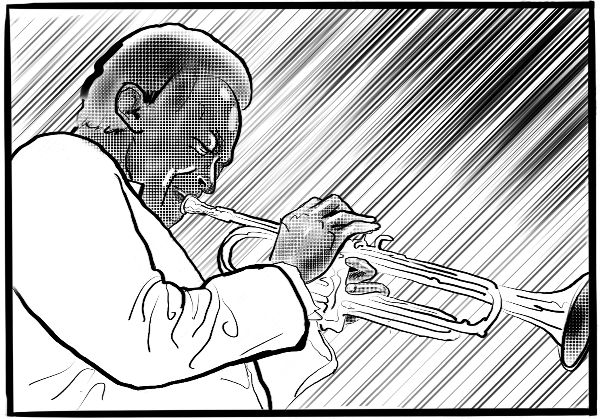
I.1. Trumpet player Miles Davis (19261991) is considered one of the great improvisers of several jazz traditions, including cool jazz, hard bop, modal jazz, and jazz fusion.
Artists often consider the imagination their unique provenance, but the imagination drives everything from engineering, marketing, cosmology, economics, and ethics. Aristotle described the imagination as a faculty in humans (and most other animals) that produces, stores, and recalls the images used in a variety of cognitive and volitional activities. Even our sleep is energized by the dreams of our involuntary imagination. Immanuel Kant saw the imagination as a synthesizer of sensibility and understanding. Freud saw it as a release system for antisocial desires. And recent neuroimaging reveals that a prefrontal and temporal lobe circuit enables us to project ourselves into different times and placesthe imagination is our inner time-traveler.
We live in a world that is only partly happening. We also live in co-present simultaneous worlds made up of almosts or what ifs and maybes. At the moment that Im failing at some task, for example, Im simultaneously running a success scenario of my actions, and this imaginary reality is creating real emotions inside me. Or I see this open grassy field here, but also see (through imagination) my future home that will be built on this empty plot. Imagination is the possibility maker. It is the home of hope and regret.
What is the relationship between improvisation and imagination? The issue is fraught with ambiguity. The philosophical and the artistic traditions have considered the imagination as a mental faculty that mediates between the particulars of the senses (e.g., luminous blue colors) and the universals of our conceptual understanding (e.g., the judgment that Marc Chagalls blue America Windows is beautiful or sunrises are beautiful). Philosophers (from Aristotle through Kant, and beyond) have focused on the unique forms of judgment that arise from imagination. But I will argue (respectfully) that this tradition over-intellectualizes the imagination.
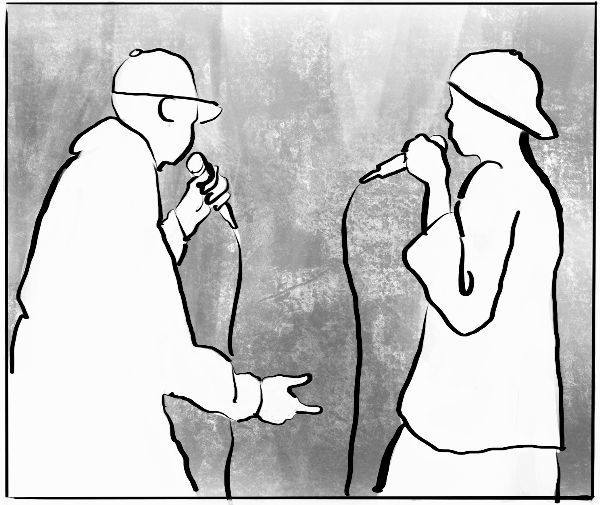
I.2. Hip-hop artists often battle each other with freestyle rap techniques. The artists take turns delivering spoken poetry that has not been rehearsed, and often incorporate spontaneous commentary on the opponents appearance and skill level (not to mention the dubious character of their respective mothers).
The philosophers characterize imagination as a kind of cognition rather than embodied action. This common mistake demotes the imagination to a kind of weak knowledgemaking it derivative or secondary to real knowledge. From Aristotle to the present, philosophers and scientists have tended to think of real knowledge as a process of seeing through the particular cases to the universal rules or laws that govern them. This search for formal properties ignores sensual particulars in favor of conceptual universals. For example, we see that this man has a snub nose, this other man is bald, this man is young, this one old, this one hungry, this one tall, et cetera, but eventually we see past all this to recognize their shared defining features: they are all rational, featherless bipeds. The common defining features are the real objects of knowledge, according to this long-standing tradition.
Against this universalizing approach, the imagination stays close to particular sensual impressionsthe snub nose and the baldness of the men are more relevant (e.g., the hunchback is not subtractable from Quasimodo of Notre-Dame). Often the imagination adds many traits rather than subtracting them, as in the case of flying pigs, talking animals, and composite hybrid creatures like mermaids, griffins, and even gods like the Hindu Ganesh. The imagination is interested in the particular. If imagination captures a universaland it frequently doesit is emotional rather than conceptual, as when a theatrical tragedy (rich with particular detail) captures a universal aspect of grief or love.
I will draw upon the philosophers when their ideas about the imagination are relevant, but my interests are closer to the common laypersons use of imagination as a creative power. Creativity must be broadly understood as an intellectual, artistic, and even bodily form of investigation and expression.

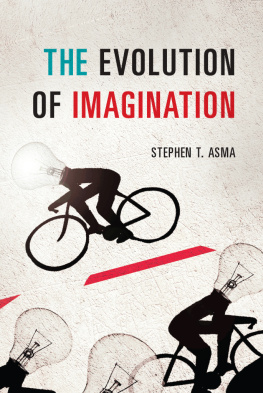





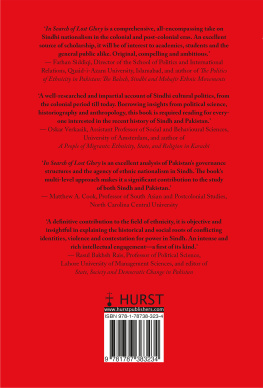
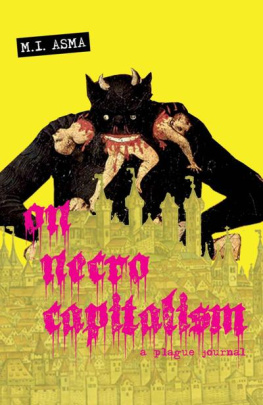



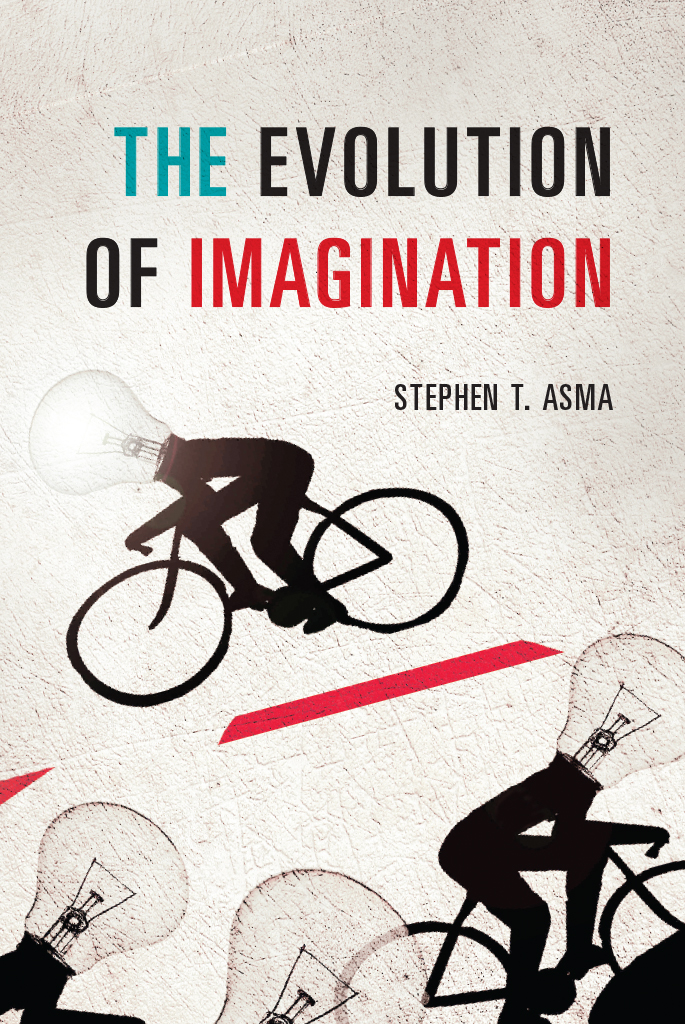
 This paper meets the requirements of ANSI / NISO Z39.48-1992 (Permanence of Paper).
This paper meets the requirements of ANSI / NISO Z39.48-1992 (Permanence of Paper).
